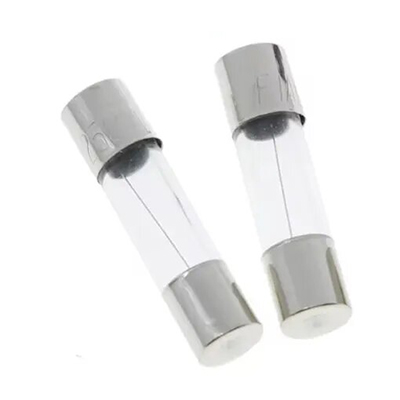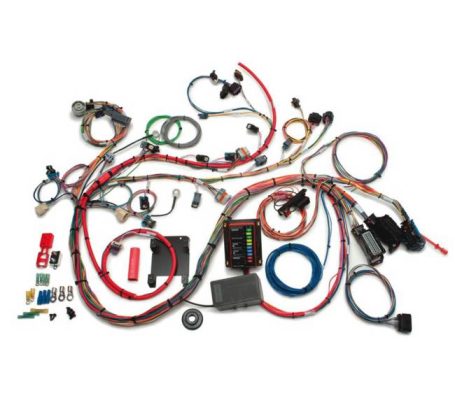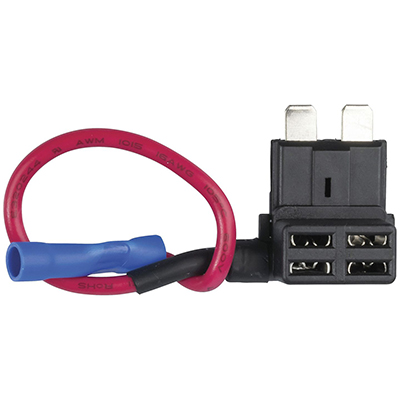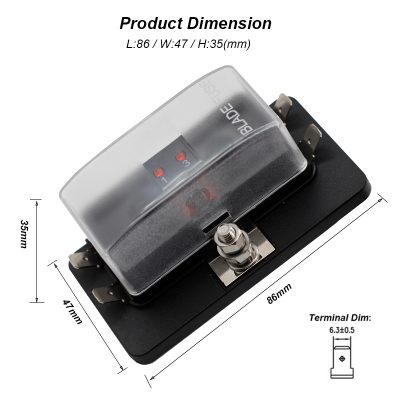High-Performance Current Fuses for Safeguarding Automotive Electrical Systems
News 2025-10-24
Current fuses are essential components in automotive electrical systems, designed to protect circuits from damage caused by excessive current. These devices work by melting a metal wire when current exceeds a safe level, interrupting the flow and preventing potential fires or equipment failure. In the context of cars, they play a critical role in maintaining system reliability, especially as vehicles incorporate more advanced electronics. Understanding their function helps ensure safer and more efficient operation in modern automobiles.

Application Scenarios
In various parts of a vehicle, current fuses are deployed to handle specific electrical loads. For instance, in the engine compartment, they protect wiring for components like fuel pumps and ignition systems, where high currents are common. In the dashboard and lighting circuits, fuses safeguard against overloads from accessories such as radios or headlights. Additionally, in electric vehicles, they are vital for battery management systems, ensuring that high-voltage circuits remain intact during operation. This targeted application enhances overall vehicle safety and prevents costly repairs by isolating faults quickly.
Performance Advantages
Current fuses offer several key benefits that make them superior for automotive use. They provide rapid response times, melting almost instantly when current surges, which minimizes damage in critical situations. Their precision in rating allows for exact matching to circuit requirements, reducing the risk of nuisance tripping or inadequate protection. Moreover, these fuses are built for durability, resisting vibration and temperature extremes typical in automotive environments. This reliability not only extends the lifespan of electrical components but also contributes to better energy efficiency and compliance with safety standards.
Frequently Asked Questions
1. What is a current fuse and how does it function?
A current fuse is a protective device that contains a wire designed to melt and break the circuit when excessive current is detected, thereby preventing damage or hazards.
2. Why should current fuses be used in automotive applications?
They are crucial for protecting vehicle electronics from overloads and short circuits, which can cause fires or system failures, ensuring reliable performance and safety.
3. How do you choose the appropriate current fuse for a car?
Select based on the circuit’s amperage needs, fuse type (such as blade or cartridge), and environmental factors to ensure optimal protection and compatibility.


